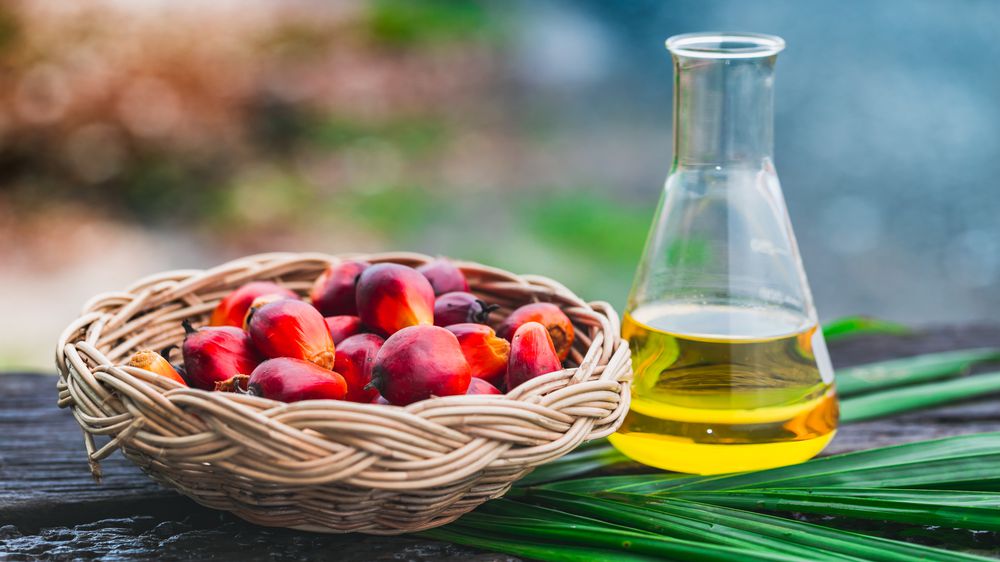Malaysia, Indonesia to discuss crude palm oil benchmark pricing, says Fadillah

Malaysia will hold a meeting with the Indonesian government to discuss the republic’s intention to have its own crude palm oil (CPO) benchmark price, said Deputy Prime Minister and Minister of Plantation and Commodities Datuk Seri Fadillah Yusof.
He said the matter needs to be discussed jointly as Indonesia’s plans will affect the entire oil palm industry chain, not just Malaysia, but also globally.
The deputy prime minister said the meeting to resolve this matter beneficially for all parties has been proposed to take place in the second week of February.
“A discussion must be held before any decision on price setting is taken for the benefit of the plantation sector in both nations,” he said in a press conference after attending the Ministry of Plantation and Commodities’ New Year Mandate ceremony here.
Indonesian Trade Minister Zulkifli Hasan reportedly said the republic planned to establish its CPO benchmark price before June and will no longer have to depend on Kuala Lumpur.
Indonesia is the world’s largest palm oil producer, with almost 50 million tonnes of CPO annually.
On January 12, Malaysia Palm Oil Board (MPOB) director-general Datuk Ahmad Parveez Ghulam Kadir said the CPO price this year was expected to fall between RM4,000 and RM4,200 per tonne compared with RM5,087.50 a tonne in 2022.
Fadillah said the issue of the European Union’s ban and trade barriers imposed on palm products would also be discussed when the two countries meet.
He said the agri-commodity sector achieved RM268.2 billion in trade value last year while the trade balance stood at RM146.5 billion.
“Agri-commodity products export revenue reached RM207.3 billion or 13.4 per cent of the country’s total export revenue,” he added.
Fadillah said he was confident that this year’s agri-commodity trade performance would remain positive despite a 1.1 per cent drop last year compared with 2021.
“The agri-commodity sector contributed RM61.3 billion, or 5.5 per cent of Malaysia’s Gross Domestic Product for January to September 2022,” he said.
Meanwhile, Fadillah said the agri-commodity industry still needs around 63,000 foreign workers, primarily for the oil palm sector.
He said labour shortages in the oil palm sector had severely impacted productivity in the industry and resulted in an estimated RM20 billion loss of revenue last year.
Read also
Ukraine is ready to help Syria prevent food crisis – Zelenskyy
Join with the EARLY RATE – 22 International Conference BLACK SEA GRAIN.EUROP...
Brazil sugar output decreased by 23% — Unica
Algeria imposes a complete ban on durum wheat imports in 2025
Weather in Brazil and Argentina remains favorable for the future harvest of soybea...
Write to us
Our manager will contact you soon



